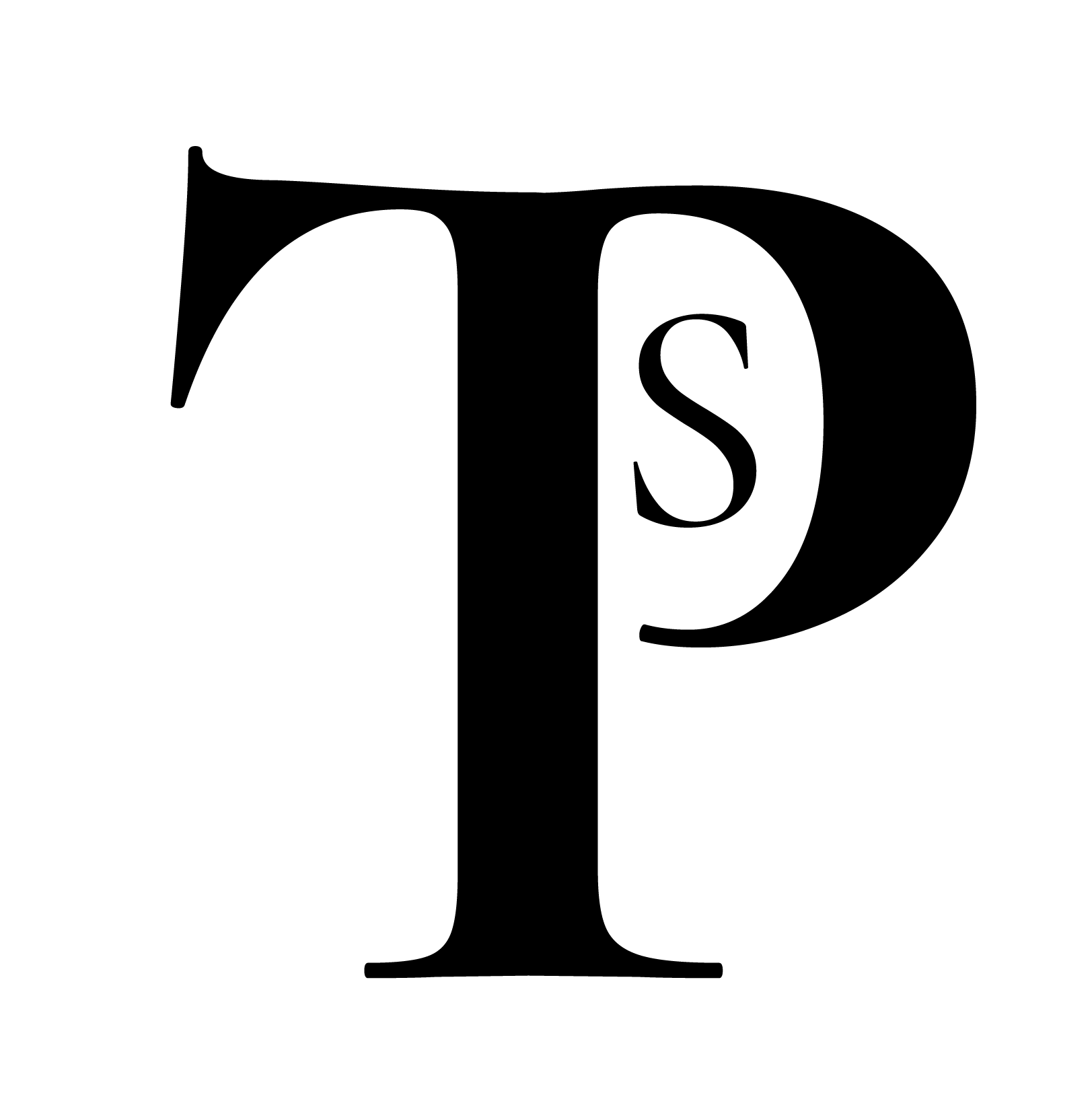The Politics of Liberty
Many will agree that we are living in times when truth seems to be so easily cast aside and common sense displaced by the loudest voices expressing the shallowest opinions - especially in seats of power and across social media.
Change is a key word here. Another is Progress. Tradition is thrown out to meet the demands of new ideas - often half baked ideas introduced without much thought. The laws of unintended consequences are operated with impunity.
There seems to be an increasing alienation between establishment and people. Our institutions are infected by two things: managerial elitism and what is known as wokeness. Free speech and the concept of liberty are threatened.
To take one current example in Great Britain. Banks close down branches, cash is increasingly frowned upon or rejected, transactions are digitised - all with insidious consequences. The people are in effect removed from their money! It is a form of theft in the name of commercial necessity.
Even more seriously, accounts can be cancelled at a whim simply because their holders express opinions that are deemed to be unacceptable by anonymous bureaucrats who hide behind unnecessary rules and regulations - bureaucrats who often have their own agenda of correctness.
The question to this and other attacks on common sense and freedom of speech is: as citizens what is our response? Do we just give in? Give up? All too frequently we hear phrases like: 'This has nothing to do with me! What can I do about it?' 'I don't mind change providing it makes no difference.'
Recent events have shown that this careless attitude is leading us nowhere, or perhaps, more accurately, into a state of confusion that is rapidly spreading across the Western World. The ballot box no longer seems to be the answer.
There are several possible responses. A free press is certainly one of them, although there is here a tendency to become party political. Another is education, but here too we find it has been overtaken by political intrigue. Then there is the Church, which above all should stand for the spirit of freedom: freedom to be and freedom to speak. Alas, it too has succumbed to the fashions of the age and has given away the remarkable opportunity to give a lead by allowing itself to become thoroughly domesticated and, for some, irrelevant.
Finally, there is literature. Literature in all its forms.
The one aspect focused upon here is prophetic literature. Not that of cranks with weird ideas, but scientific, accurate prophecy using the scientific method of theory tested by evidence. Such prophecy I think we agree is not easy. The introduction of the narrator to The Politics of Liberty ends with these words:
I accept that many people can claim to speak for God. Some may be cranks, others deluded. A few may well be genuine. So, I knew I was taking a terrible risk here. But there it is. I suppose the only way to prove a state of prophetic truth is to get on with it and see if that truth prevails, as I discovered whilst attempting to make things clearer by arranging the words into some sort of order. During that time, I could see that what was originally written was being fulfilled in the events around me. This suggests to me that the struggle for prophetic proof is precisely the same as finding a proof in science: in both cases things turn out to be as the theory predicts - or not. After I had set out on this work I was still concerned, of course, with what people might think about it all. For the question remained: how could anyone with any sense presume to deliver such words to sceptical people in this modern and increasingly scientific world? As far as putting public opinion first was concerned, however, the ancient Greek poet, Ibycus, once said: 'I fear that I may lose the honour of God by seeking first the honour of men'. This, at long last, I knew I was no longer prepared to do. Let the world judge accordingly.
